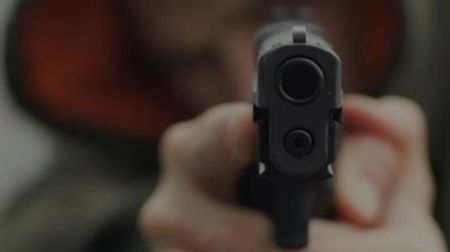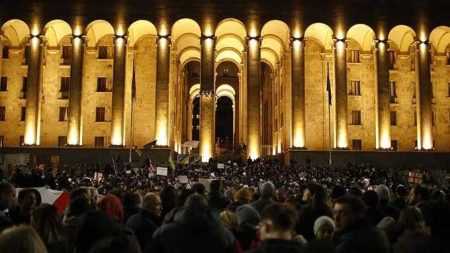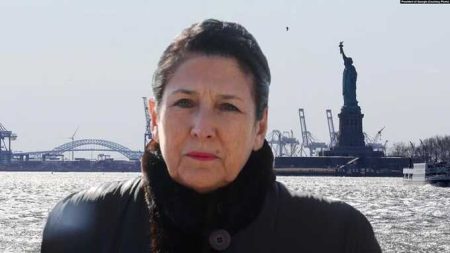The Appeal Court upheld the sentence given to Sumbat Abasov, a Georgian native, for leading a criminal group..
He had previously been given a nine-year sentence in a strict prison. The decision was based on his own testimony, where he admitted to trying to guide young inmates away from bad acts, such as starting fires in the prison. The defense tried to argue that there is no strict criminal hierarchy in Russia, but the court disagreed.
The First Court of Appeal rejected the appeal of the 55-year-old Georgian native Sumbat Abasov, who had been sentenced to nine years in a strict prison for leading a criminal group. The decision of the original court is now final.
Sumbat Abasov's defenders, Mikhail Bazhinov and Maxim Baev, appealed the decision of the Belgorod Regional Court.
They asked for the verdict to be overturned because there were no specific examples in the case file proving that the convict held an authoritative position in the criminal world.
The defense also highlighted that the investigation did not specify when, where, and how the convict committed the alleged crime. Lawyer Baev also argued that the court's conclusion about the existence of a strict criminal hierarchy in Russia was unfounded. The defense claimed that the accused did not take specific actions to be seen as a leader in the criminal world.
However, the Appeal Court found the defense's arguments to be without merit and upheld the existence of a strict criminal hierarchy.
It's important to note that the verdict was based on Sumbat Abasov's own admission during his arrest in 2020 that he held a high status in the criminal world.
After an unsuccessful attempt to cross the border into Ukraine, he identified himself to law enforcement as a 'thief' and claimed he was crowned as such at the age of 23 in Tbilisi. He also stated that he used his authority to prevent other prisoners from committing wrong or foolish actions. Abasov's reliance on others for financial support and lack of citizenship were also seen as fitting the 'thief in law' concept.
The high criminal status of Sumbat Abasov was confirmed in court by employees of the FSB and the Federal Penitentiary Service of Russia, as well as convicts and defendants held with him.
According to operatives, Abasov was registered with the internal affairs bodies as a crime boss. During a search at his place of residence, notebooks with the phones of the leaders of the criminal world and a laptop with photographs were found, indicating Abasov’s acquaintance with other “authorities”. It should be noted that his common-law wife claimed that all the materials seized in the framework of the criminal case belong to her and her son, but the court was skeptical about the testimony.
One of the unnamed witnesses stated that he was serving a sentence with the convict in places of deprivation of liberty. He confirmed that Abasov has extensive connections and authority among the “persons of a criminal orientation” in Russia, Ukraine and Georgia, and many times took part in the so-called coronations (granting status) of other thieves in law. The witness noted that Sumbat had a strong influence on the criminal situation in the Belgorod region, and also decided to take control of various areas of criminal activity, including the smuggling of goods, weapons and drugs across the border with Ukraine. He stated that “thieves” are waiting for Abasov in places of deprivation of liberty to resolve various issues that are within the competence of only people authoritative in the criminal world. In addition, the criminals expect that Abasov will establish a so-called back door in the colony, that is, he will contribute to the creation of a situation where order in the institution is ensured not by the administration, but by the convicts themselves.
The court of appeal also emphasized that Abasov did not renounce his criminal status after the appearance in 2019 in the Criminal Code of an article on occupying a higher position in the criminal hierarchy and was afraid of being detained for this.
The prisoners also continued to perceive him as a thief in law. For example, when checking the transmissions in the local pre-trial detention center, a note was found on the arrest of the “thief” Abasov, addressed to an unnamed leader of the criminal-criminal environment of the Belgorod region, who is in the pre-trial detention center.
Mikhail Bazhinov, the defender of the convict, told Kommersant that the verdict would now be appealed on cassation.




